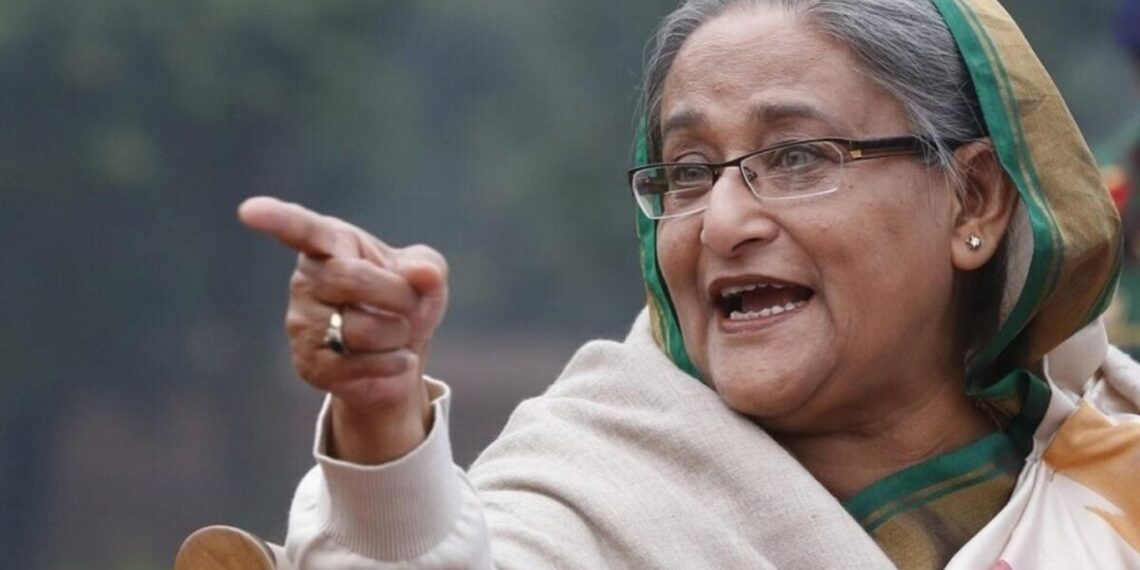In the complex political landscape of South Asia, the Awami League has long stood as a cornerstone of democratic governance and regional cooperation in Bangladesh.
Banning of the Awami League in Bangladesh, which is driven by political pressures, is sure to pose a grave risk to the nation’s internal stability and to its crucial bilateral relationship with India.
Founded in 1949, the Awami League played a pivotal role in Bangladesh’s liberation movement.
Under the leadership of Sheikh Mujibur Rahman, the party spearheaded the country’s liberation war in 1971, earning it a place not only in history but in the national identity of Bangladesh.
Banning such a party would not just erase a political opponent—it would also undermine the foundation of Bangladesh’s democratic journey.
A ban on a major political force like the Awami League would amount to authoritarian overreach.
It would eliminate one of the Bangladesh’s two dominant political parties, dismantling any semblance of multiparty democracy.
This could trigger mass protests, civil unrest, and potentially violent crackdowns—plunging Bangladesh into instability at a time when it needs calm and unity to address economic and social challenges.
The move has also set a dangerous precedence, signalling to future governments that dissent can be silenced through force rather than democratic engagement.
In a country where democratic institutions are turning fragile due to the upsurge of Islamic forces, banning of the Awami League would be a significant setback.
Bangladesh’s development over the past decade under the Awami League regime was marked by impressive GDP growth, industrial expansion, and poverty reduction—has been underpinned by political stability.
Removing the Awami League from the political equation could introduce uncertainty that spooks investors and undermines business confidence.
This has come at a time when Bangladesh is working to graduate from Least Developed Country (LDC) status and integrate further into the global economy.
India and Bangladesh share deep historical, cultural, and strategic ties. The Awami League, particularly under former Prime Minister Sheikh Hasina, has maintained warm and cooperative relations with New Delhi.
Joint efforts on security, trade, connectivity, and water-sharing have flourished under this alliance.
The interim government’s move to ban the Awami League would likely bring to power forces less inclined, or openly hostile to India.
Some opposition groups have a history of anti-India rhetoric or closer affiliations with Islamist or China-leaning blocs, which could complicate New Delhi’s neighbourhood policy and shift regional dynamics in unpredictable ways.
From a broader geopolitical standpoint, weakening Bangladesh’s democratic institutions while distancing it from India would create a vacuum potentially filled by other powers seeking influence in South Asia.
ALSO READ: Archery World Cup Stage 2: Deepika, Salunkhe clinch bronze as India bags seven medals
This could destabilize the Bay of Bengal region and dilute efforts for regional cooperation under forums like BIMSTEC and SAARC.
The banning of the Awami League is a catastrophic mistake —undermining democracy, destabilizing the country, and jeopardizing vital relations with India.
In a region fraught with volatility, Bangladesh must guard its democratic institutions, not dismantle them.
Dialogue, not exclusion, should be the path forward.















